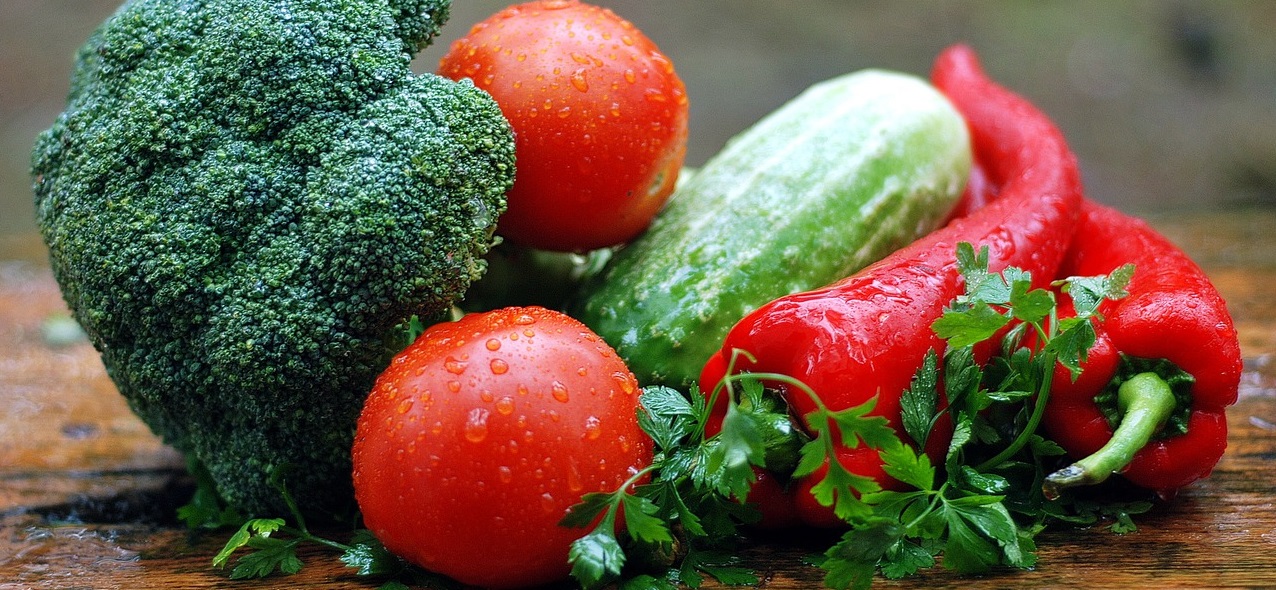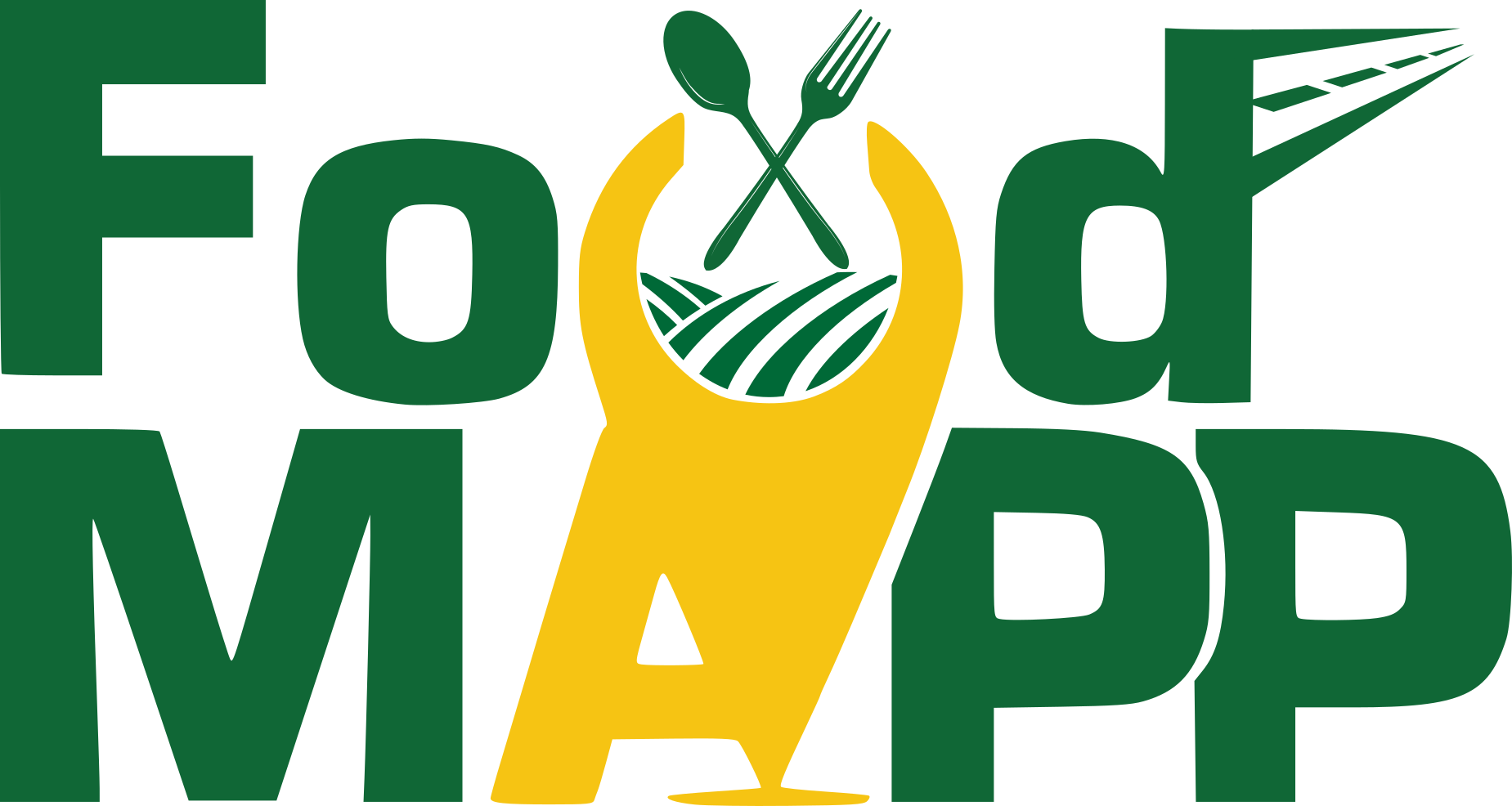Latest in FoodMAPP
Joint proposal submitted for Interreg CE call
Project FoodMAPP partners coordinated and submitted a proposal for Interreg Central Europe Call 2023. Project proposal entitled "ForeSCAPE – AI-enhanced Weather Forecasting for Interregional Resilience to Climate Change" envisions to further exploit learnings and premises of FoodMAPP project to Central European case study, through pilots and living labs of Agriculture and Food Supply Chain with the goal of increasing their resilience to climate changes by improved, localized and transformed weather forecasts, tailored for specific end-use cases.
Project website operational
Welcome to the central website of FoodMAPP project. This will be the central gateway of our activities during next four years where you can find information about the project, partners, our research results and up to date activities. The project has received funding from the European Union’s MARIE SKŁODOWSKA-CURIE ACTIONS Staff Exchanges (SE) research and innovation programme under grant agreement 101086115 and UKRI grant agreement EP/X037134/1.
Kick-off meeting held in Zagreb
During March 6-7, 2023, the Kick-off meeting of FoodMAPP project (MSCA SE grant 101086115) was held at University of Zagreb Faculty of Electrical Engineering and Computing, Zagreb, Croatia. The partners have gathered for the first time in-person after the grant was approved and started the project execution period. Vinko Lešić (UZ) gave welcoming to Zagreb, Croatia and to the project, joined by Jeffrey Bray (BU) with a welcome and with the story on how the project started. The representatives of partners each presented their own companies and institutions: Barbara Ronge (RP) – presented Ronger & Partner consulting company Maxime Michaud (IPBR) – presented Institute Paul Bocuse Hans De Steur (UGent) – presented Ghent University Djamel Rahmani (CREDA) – presented CREDA institute Márta Alexy and Ádám Tarcsi (ELTE) – presented Eotvos Lorand University Gianluca Coluccio (EREA) – PO of FoodMAPP wished a warm welcome to the consortium and good luck and success of the project Vinko Lešić (UZ) – presented FER and LARES research group Jeffrey Bray (BU) – presented Bournemouth University In a two-day meetings, the partners discussed about the initial coordination and future activites to to promote local food purchasing and reduce food waste. Few photos are available in detail news content.
FoodMAPP project
A new European research project will enable consumers to find and buy local food supplies, reducing waste and supporting sustainable purchases. Currently within Europe food is transported, on average, 171km from farm to fork. 26 per cent of global carbon emissions come from food and large volumes of food are wasted. The FoodMAPP project aims to address these challenges by enabling consumers to identify and purchase local sources of food in real time to shorten supply chains and reduce food waste, while also providing additional sustainable income to food producers and providers. A consortium of partners, comprising academic partners in UK, Croatia, Hungary, Spain and Belgium, and industry partners in France & Austria will support the project. Associate Professor Jeff Bray from Bournemouth University (BU) led on the development of the four-year project, which has been awarded €441,600 from Horizon Europe Marie Skłodowska-Curie Actions, alongside additional funding from UKRI to support BU’s continued inclusion. The European coordinator is Associate Professor Vinko Lešić from University of Zagreb (Croatia) and partners are Ghent University (Belgium), Eötvös Loránd University (Hungary) and CREDA (Centre for agro-food economics and development, Spain) alongside partners from the food industry - Institute Paul Bocuse (France), Ronge & Partner (Austria). Dr Bray said: “Our current food supply system is not sustainable both in terms of its ability to reliably provide the right nutrition for a growing world population and in terms of the environmental footprint of current practices.” “The project aims to transform local food supply reducing food miles, reducing food waste and increasing localised food supply resilience.”





 Pristupačnost
Pristupačnost
